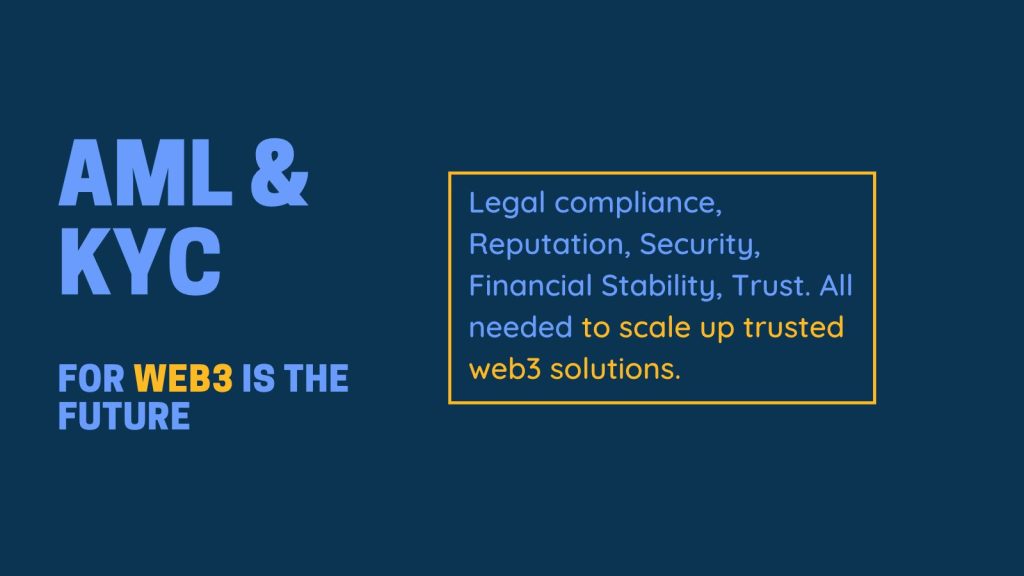Obligations of companies in regard to AML checks of clients and providers?
Companies have obligations to conduct anti-money laundering (AML) checks on their clients and providers as part of their compliance with AML regulations. These regulations are in place to prevent money laundering and other financial crimes.
Companies are typically required to perform customer due diligence (CDD) on clients and providers, which includes identifying and verifying the identity of the individual or entity, as well as assessing any potential money laundering or terrorist financing risks.
Additionally, companies are required to have AML policies and procedures in place, and to train their employees on these policies and procedures. They also have a ongoing obligations to monitor transactions for any suspicious activity and to report any suspicious activity to the appropriate financial intelligence unit (FIU) or regulatory authority.
It’s worth noting that the specifics of these obligations will depend on the jurisdiction and regulations a company is operating under.

Anti-money laundering (AML) is important for web3 applications, also known as decentralized applications (dApps), for several reasons:
-
- Legal compliance: Web3 applications operate within the same legal framework as other financial institutions and are subject to AML regulations. Failure to comply with AML regulations can result in significant fines and penalties for the company and individuals involved.
-
- Reputation: AML compliance can help protect the reputation of a web3 application and its associated company. Money laundering and terrorist financing activities can damage a company’s reputation and lead to negative publicity.
-
- Security: Decentralized applications often involve the transfer of digital assets, which can make them a target for money launderers and other criminals. AML compliance can help prevent such activities and protect the security of a web3 application and its users.
-
- Financial stability: Money laundering and other financial crimes can destabilize financial systems and markets. By preventing these activities, web3 applications can contribute to financial stability and promote the legitimate use of digital assets.
-
- Trust: trust is very important in order to make the web3 applications gain the acceptance of the mainstream public and AML is one way to build the trust of the users and regulators, showing the company’s effort to prevent illicit activities.
Furthermore we should note that AML regulations for web3 applications are still evolving and might vary by jurisdiction, some countries are more ahead than others in this regard, it’s important to stay up-to-date with the relevant regulations and guidelines.
The AAVA Climate Performance ecosystem is designed to embrace regulation, but with the efficiency of a digital world. We are firm believers that trust and stability result from solid processes to ensure the ecosystem is managing stakeholder related risks in a proactive and robust manner. This approach also covers AML and KYC processes that are central for any business and even more so in a digital world for the web3 business models.




